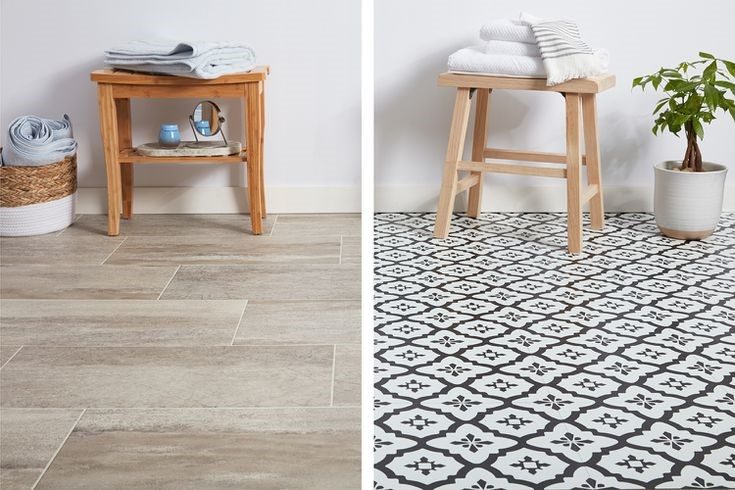VINYL PLANK VS. CARPET: A SIDE-BY-SIDE COMPARISON
Cost & Installation
Vinyl: More expensive at install, but vinyl plank is much less expense over the lifetime of the floor
Carpet: Ranges from budget – Carpet is very expensive at install and much more expensive over the lifetime of the floor
Resale Value
Vinyl: Hard-surface flooring adds value and attracts more buyers
Carpet: Carpet requires a quick face-lift before a sale to bring any value

Versatility
Vinyl: Vinyl is well suited to high-moisture rooms like bathrooms, laundries, and kitchens
Carpet: Carpet is not suitable for high-moisture areas, like bathrooms, laundries, and kitchens
Appearance
Vinyl: Wood-Look floors are on-trend and more luxurious looking
Carpet: Carpet may be a good option but will never look as good as the first day it is installed
Cleanliness & Care
Vinyl: Dirt cannot hide on vinyl plank flooring and vinyl plank is easy to clean
Carpet: Dirt and bacteria hides in carpet. Carpet is hard, and expensive, to clean
Hypoallergenic Choices
Vinyl: Vinyl is anti-microbial and allows regular and quick cleaning
Carpet: Carpet will develop allergy-causing microbial load and requires regular deep cleaning
Pet-Friendly Floors
Vinyl: Vinyl is pet friendly because it is easier to clean spills, is waterproof, and scratch-resistant against pet nails
Carpet: Carpet may be soft for pets but will become soiled with pet waste and muddy paws
Insulation & Noise Reduction
Vinyl: Vinyl Plank has an underlayment layer reduces noise & insulates
Carpet: Many types of carpet are soft and, therefore, quiet
Sustainability
Vinyl: Lifetime vinyl flooring is environmentally friendly because it reduces landfill volume
Carpet: Replacing carpet every 5-7 years causes petroleum-based landfill volume which is NOT environmentally friendly
Comfort
Vinyl: Vinyl is a hard surface material, not as comfortable to lie down on
Carpet: Most carpet is a soft material; more comfortable to lie down on
Safety
Vinyl: The underlayment layer of plank flooring cushions floor for some comfort
Carpet: Many types of carpet are soft and may have cushioning pad beneath
Durability
Vinyl: Refloor vinyl plank flooring is guaranteed for life and never has to be replaced
Carpet: Spills on carpet can never be completely removed and therefore it needs to be replaced frequently
